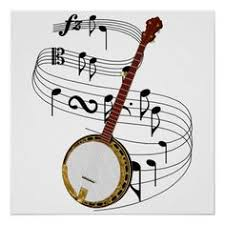Cash or card – which is better?

According to the Reserve Bank of Australia (RBA), the use of cash is on the decline (duh?). ATM withdrawals have been steadily falling since 2010, and the introduction of PayPass on EFTPOS cards means that even small payments can be made without the use of cash.
That may sound nice and convenient for those who have a large bank account, but the dangers of a cashless society will affect those on fixed or low incomes more so than their higher earning counterparts.
I'm reading a book at the moment called How We Decide by Jonah Lehrer, and I've just finished a chapter which discusses how your brain processes the act of paying with cash, and how it deals with credit cards and the often resulting debt they incur.
The short story is, your brain is wired to 'feel' it when you pay for something with cash. Your wallet or purse gets lighter, and there is a definite sense of loss – even though you've gained with your purchase. Well, unless it was an impulse purchase you'll quickly regret, but I digress. The way the brain deals with credit cards, even debit cards, is a totally different monkey. It's more difficult to resist the temptation to buy something – even if you can't afford it – because there's no pyhsical loss in exchange for your gain. You just put it on the card. It's explained very well in the book and if you can find it in your local library or second-hand bookshop I highly recommend picking it up.
Anyway, what's your opinion of a cashless society? Do you prefer to use cash or card when you make purchases?








This author is problematic. Please see the Jonah Lehrer article on Wikipedia. I first became aware of him when he fabricated information related to Bob Dylan.
He has published three books, two of which, Imagine and How We Decide, were withdrawn from the market by publishers after it was discovered that Lehrer had fabricated quotations. This led to his resignation from his staff position at The New Yorker following disclosures that he had recycled his own work for the magazine. A later investigation at Wired.com, where he had previously worked, found instances of recycled content and plagiarism.
https://en.wikipedia.org/wiki/Jonah_Lehrer